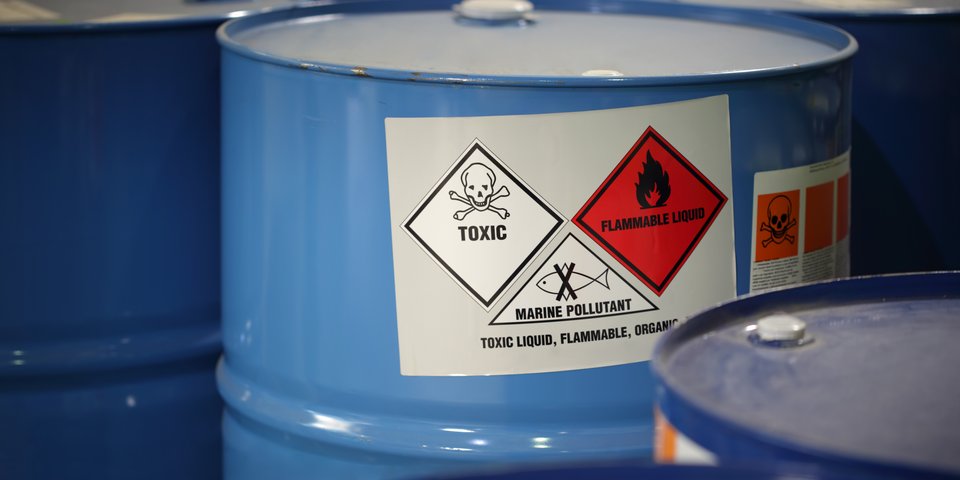 iStockphoto/tunart
iStockphoto/tunartCarcinogens, Mutagens or Reprotoxic Substances Directive
Infringement proceedings against Germany
SK – 06/2024
On 24th May, the European Commission opened
infringement proceedings against Germany. The procedure relates to the fourth
amendment to the Directive on the protection of workers from the risks related
to exposure to carcinogens, mutagens or reprotoxic substances at work (amending
Directive (EU) 2022/431).
The regulations on setting limit values for
acrylonitrile and nickel compounds, lowering the limit value for benzene and
extending the scope of the Directive to include substances that are toxic to
reproduction should be implemented by all member states by 5th April 2024.
According to the European Commission, Germany and ten other Member States
(Denmark, Greece, Italy, Luxembourg, Austria, Poland, Portugal, Slovakia, Spain
and the Czech Republic) have failed to fulfil their obligation to fully and
correctly transpose the fourth amendment to the so-called Carcinogens, Mutagens
or Reprotoxic Substances Directive (CMRD) into national law.
Implementation in Germany
In Germany, the CMRD was implemented by the Hazardous Substances Ordinance (GefStoffV) and TRGS. The GefStoffV specifies
measures that employers must take to protect their employees when working with
hazardous substances. Regulations of the GefStoffV are supplemented by Technical
Rules for Hazardous Substances (TRGS).
The limit values for acrylonitrile, nickel
compounds and benzene, which were defined or changed by the fourth amendment to
the CMRD, are set out in TRGS 900 "Occupational exposure limits" and
TRGS 910 "Risk-related concept of measures for activities involving
carcinogenic hazardous substances". However, the GefStoffV has yet to be
amended in relation to the changes to reprotoxic substances. As a result,
Germany was unable to meet the implementation deadline for the fourth
adaptation of the CMRD, and the European Commission has therefore initiated
infringement proceedings.
Stages of the case
At the start of every infringement case,
the European Commission sends a letter of formal notice to the Member State
concerned requesting further information. In the current case, the eleven
Member States have two months from receipt of the letter of formal notice to
respond and fully implement the Directive. If this does not happen, the
European Commission will send a reasoned opinion at the next stage of the
procedure. If the Member State fails to comply with this request, the European
Commission may decide to refer the matter to the European Court of Justice.
Most cases are settled before they are brought before the court.
In the current case, only the amendments to
the exposure list of reprotoxic substances in the GefStoffV still need to be
implemented. This has not yet been tackled, as this amendment, together with
other amendments to the GefStoffV, is currently being discussed by the relevant
departments. As the necessary measures for implementation have already been
initiated, it remains to be seen whether the European Commission will take any
further steps following the letter of formal notice.
